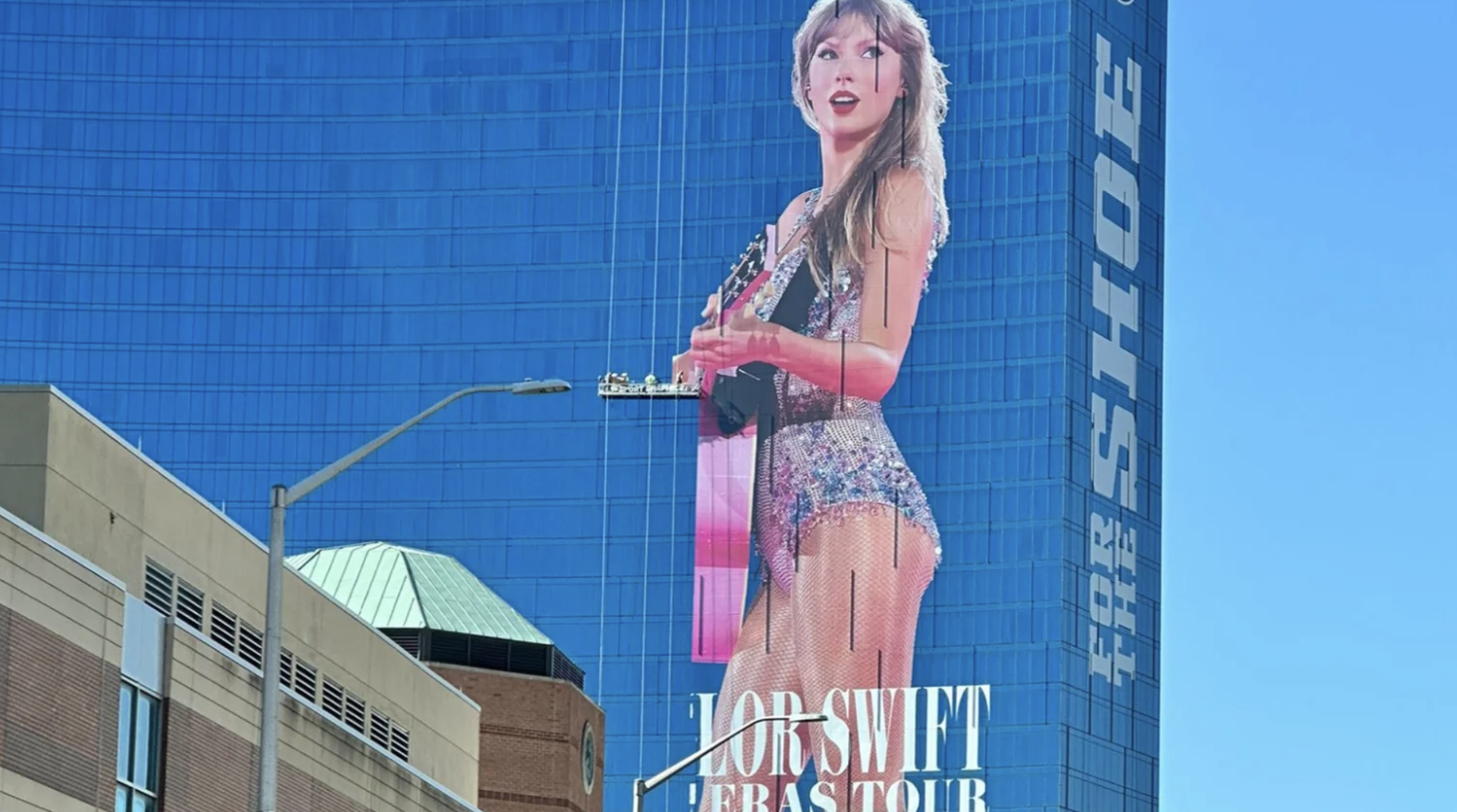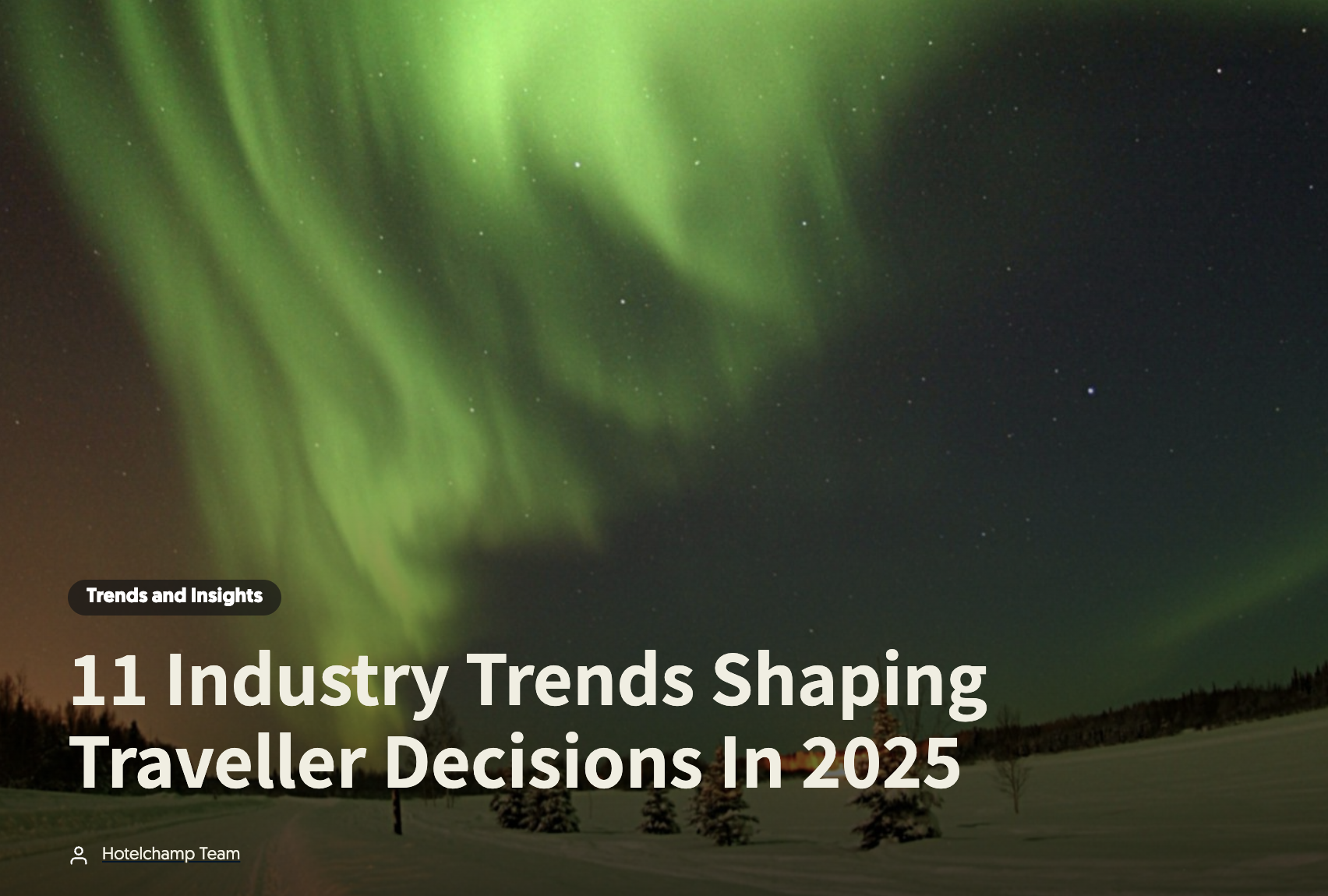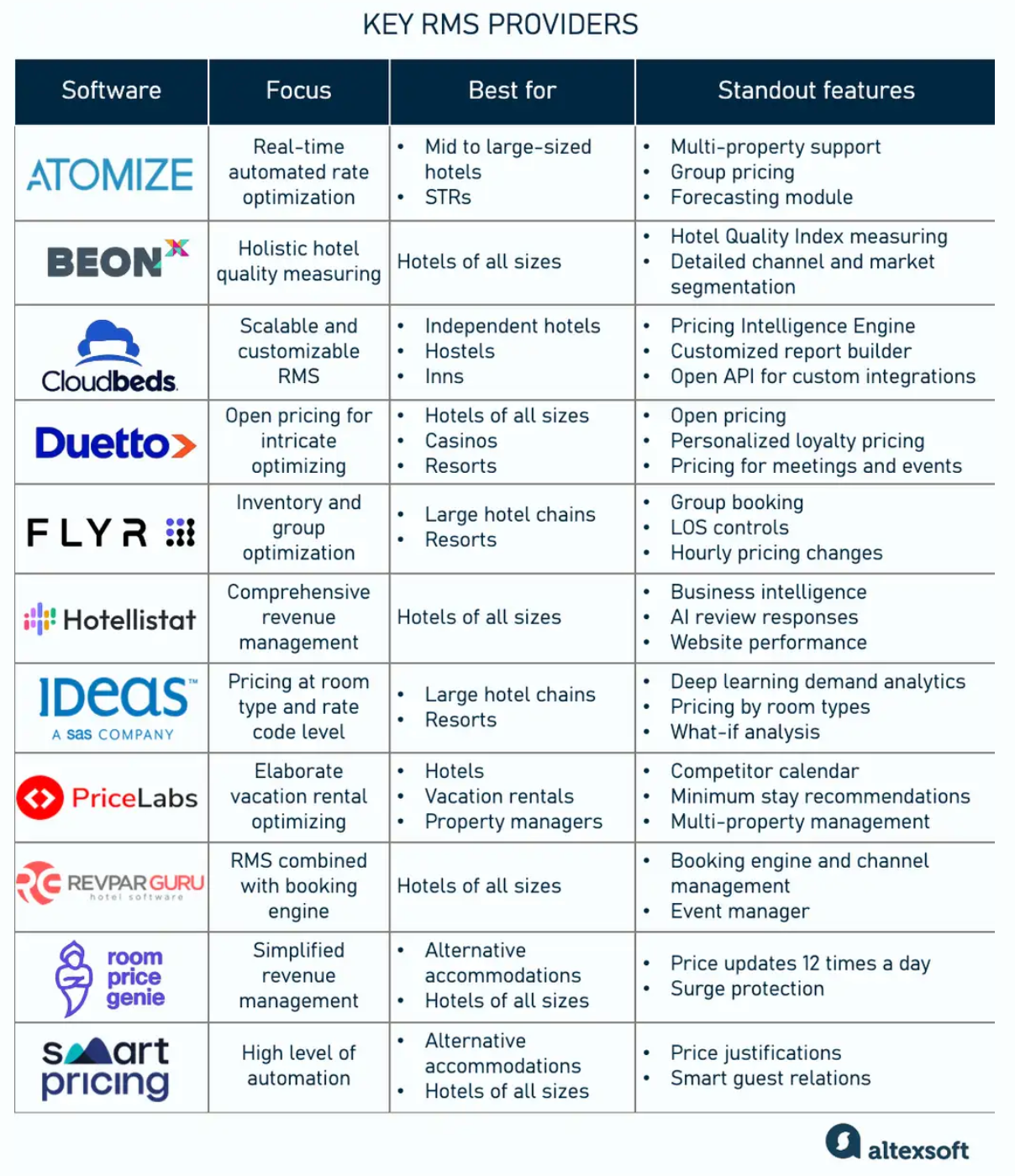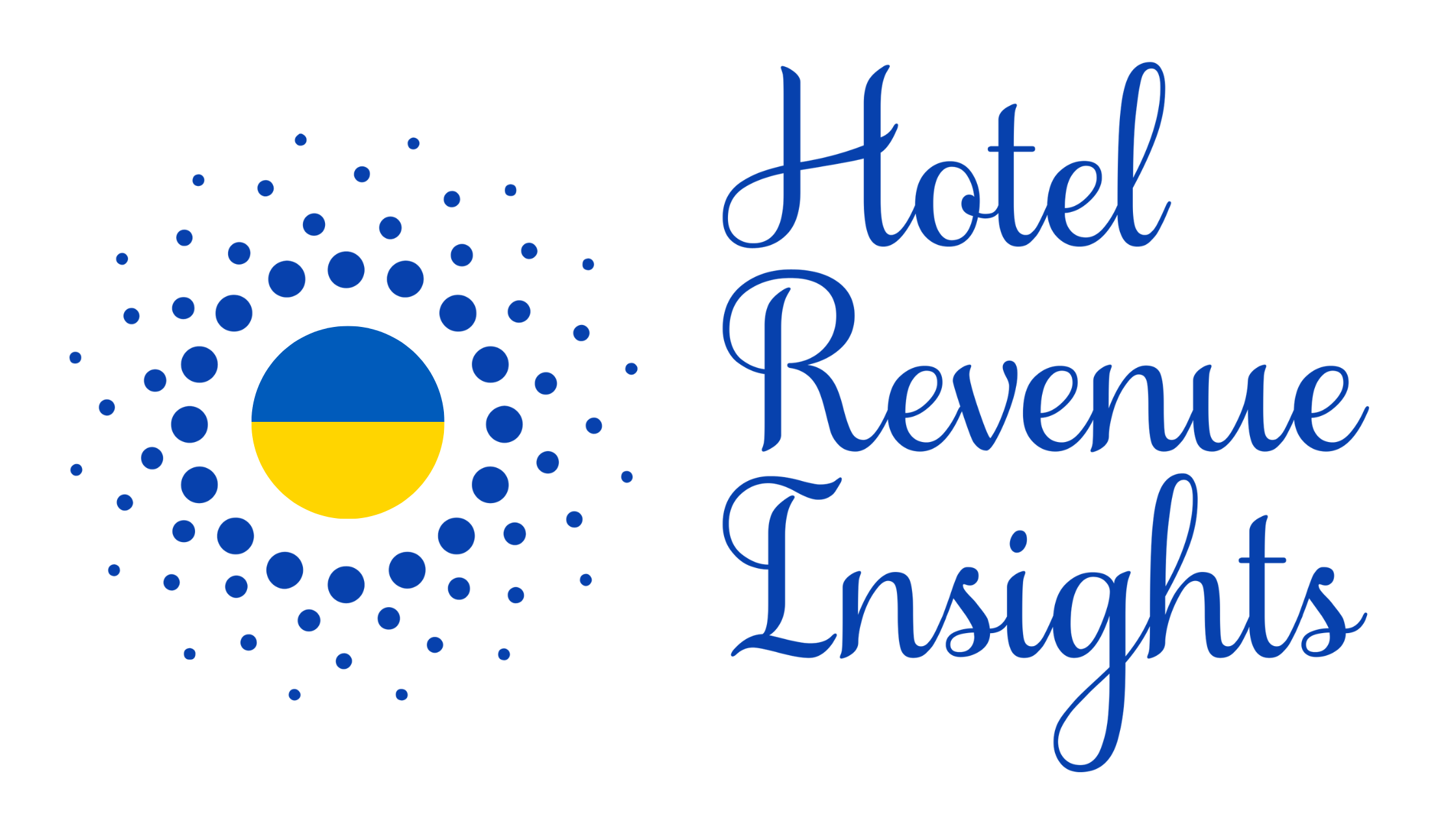
Weekly Insights. February 8, 2025
Best hospitality industry articles focused on 💵revenue, 📊markets, and 🎯strategy (Feb 2 - Feb 8, 2025).
Is Bleisure Travel a transformative trend or just a hype?
This article examines whether bleisure travel is a lasting shift in the hospitality industry or a passing trend. It explores the evolution of bleisure, its impact on travel behaviors, and challenges in measuring its significance due to limited industry data. Companies are adapting policies to accommodate work-from-anywhere models, but a return-to-office trend raises uncertainty about its long-term growth. While demand for flexible travel continues, cost-sharing mechanisms and clear corporate guidelines are crucial in defining its future.

Look what you made me do… Increase revenue! How hoteliers can turn the Eras tour wins into 2025 success
This article explores how hotels capitalized on Taylor Swift’s record-breaking "Eras Tour" to boost revenue and create unique guest experiences. Hotels leveraged themed packages, interactive touchpoints like friendship bracelet stations, and immersive, Instagrammable spaces to attract Swifties and drive direct bookings. Personalized online messaging, VIP experiences, and loyalty incentives helped convert first-time guests into repeat visitors. The success of these strategies highlights the potential for hotels to harness major cultural events to enhance guest engagement, maximize revenue, and build long-term brand loyalty.

11 industry trends shaping traveller decisions in 2025
This article outlines 11 key trends shaping traveler decisions in 2025, emphasizing shifts in consumer behavior, sustainability, and technology. Budget-conscious luxury is on the rise, with travelers seeking high-end experiences at affordable prices. "Noctourism" is gaining traction, offering unique after-dark experiences, while slow and sustainable travel is becoming a priority. Transparency in pricing, wellness-focused "calmcations," and the rise of "coolcations" (favoring colder destinations to escape heat) are also driving change. Digitalization, AI personalization, and immersive experiences continue to influence booking decisions, making adaptability essential for hotels.

How to personalize the first-time guest experience
This article explores how independent hotels can implement personalization at scale to enhance the first-time guest experience. It emphasizes that personalization is not just about technology but also about human-centric interactions that create meaningful connections. Hotels can tailor guest experiences by using CRM tools, analyzing preferences, and training staff to provide thoughtful, customized service. First impressions play a crucial role, and hotels should clarify their brand identity to attract the right guests with relevant messaging and offers. By leveraging automation while maintaining a personal touch, hotels can boost direct bookings and long-term guest loyalty.

Revolutionizing hospitality: How AI Agents are transforming guest experiences
The article explores the integration of AI in the hospitality industry to enhance guest satisfaction and operational efficiency. It discusses the deployment of AI-powered chatbots and virtual assistants for instant guest support, dynamic pricing tools for real-time rate adjustments, and data analytics for personalized services. The article also highlights the benefits of AI in meeting rising guest expectations, providing 24/7 support, and enabling data-driven decision-making.

Revenue Management Systems for hotels: Products and features
This article explores the role of revenue management systems (RMS) in optimizing hotel pricing, occupancy, and profitability. It details essential RMS features, including real-time data analytics, demand forecasting, pricing optimization, inventory management, and competitor analysis. By automating rate adjustments and integrating market insights, an RMS helps hotels maximize revenue while maintaining rate parity across distribution channels. It also highlights how different types of properties, from boutique hotels to large chains, can leverage RMS to streamline operations and stay competitive in a dynamic hospitality landscape.

The analytics black hole in hospitality: How can the industry fight back?
The hospitality industry is at a crossroads. Overregulation, introduced under the banners of fairness and privacy, has unintentionally crippled hotels' ability to track performance and make data-driven decisions.
The fragmented nature of hotel tech stacks, with separate systems for websites and booking engines, compounds the issue. Often requiring users to opt in twice, this setup leaves up to 2/3 of booking engine traffic untracked as users refuse or ignore cookie consent prompts.
Even solutions like Consent Mode v2 or server-side tracking offer only partial relief. These technologies enable aggregated data tracking when users deny cookies, but they require seamless technical implementation and compliance alignment—a luxury many hotels lack.
The rise of generative AI in search engines adds yet another layer of complexity. AI-generated answers, unlike traditional search results, don't provide clear pathways for attribution.
So, what's the solution? How are you addressing these challenges for your clients? Is it time to demand entirely new approaches to tracking in this hyper-regulated world?

Hotel Revenue Insights Recommends
The art of revenue: A complete guide on revenue management by Diego de Ponga
Mastering Hospitality Ancillary Revenue: Proven tactics for ancillary revenue growth in hotels, bars, restaurants & spas by Pablo Torres
Hotel Tech 101: How Everything Works Together (…And Does It?) by Ira Vouk
HSMAI Academy Follow on LinkedIn




